
Vietnamnet
2144 newsArticles by author
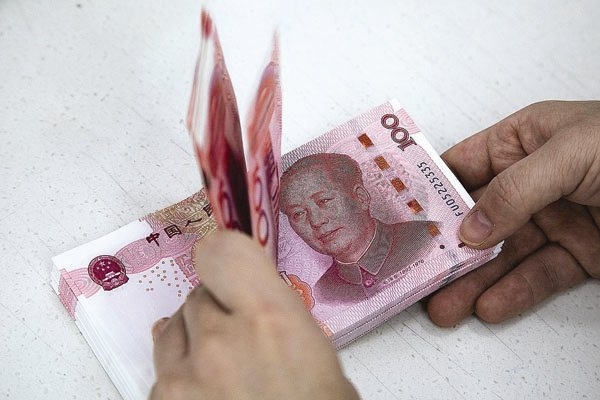
Vietnam welcomes Chinese investment capital, but remains wary about risks
Chinese FDI (foreign direct investment) flow to Vietnam has been increasing rapidly recently as Vietnam is one of the destinations included in China’s ‘One belt, one road’ strategy’.
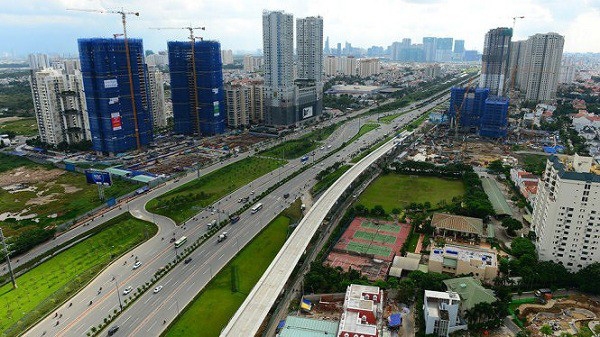
Vietnam vows to build smart cities despite huge challenges
Vietnam targets building at least three smart cities in 2017-2020. But to reach that goal, it needs to have better infrastructure, more money and a more qualified workforce.
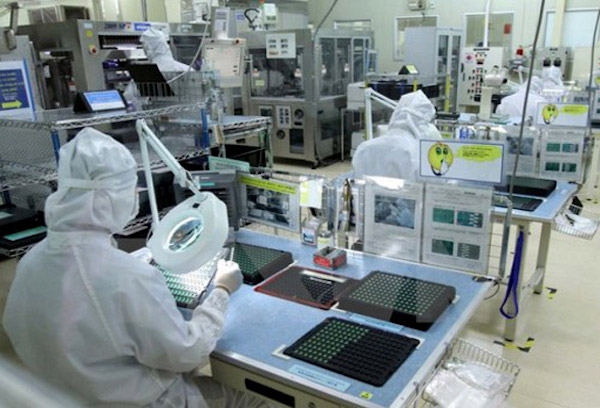
Vietnam targets US, EU investors in new-generation FDI strategy
Vietnam, which is drafting a strategy on foreign direct investments (FDI) to 2030, has been advised to lure more investors from the US and the EU to diversify FDI capital sources.

Travel firms see higher earnings as personal incomes rise
After collecting tens of billions of dong from selling tours at a tourism trade fair held in Hanoi earlier this month, travel firms hope they can earn the same at a similar event to be held in Ho Chi Minh City.
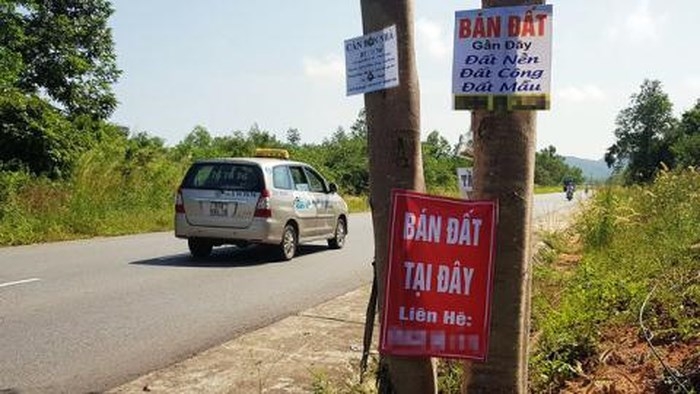
SEZs still on paper, but land prices continue to escalate
More than half of the investors seeking to buy land on Phu Quoc Island and areas to be used as special economic zones (SEZ) in the future are from the north and Hanoi.

Online food delivery market heats up
After a quiet period, the online food market has become more active with the appearance of many new service providers.
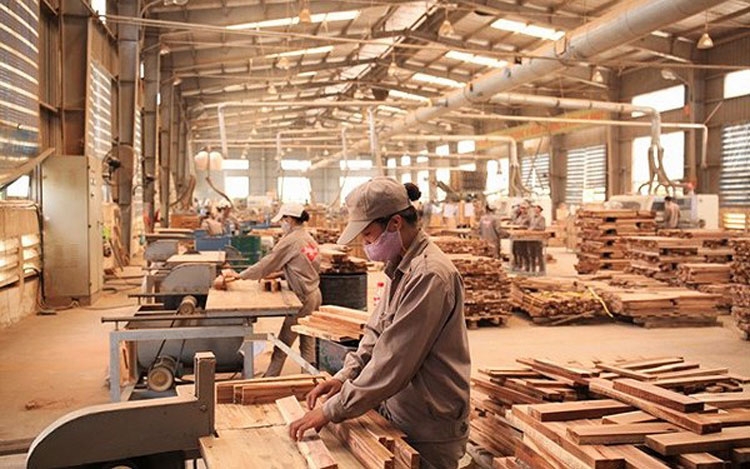
Changes in target markets worry wooden furniture exporters
Wooden furniture manufacturers have been warned that they will face more trade barriers as export markets have applied new policies to restrict imports.
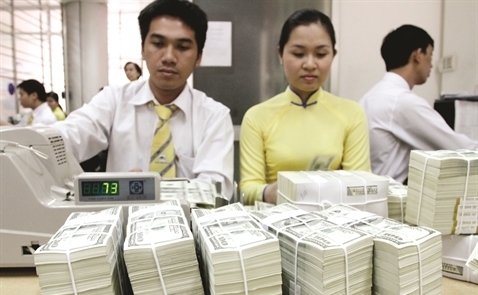
Vietnamese banks seek support from foreign capital
In bankers’ eyes, 2018 is the time to try to attract foreign capital to boost growth. However, they will have to scramble and compete for investors.
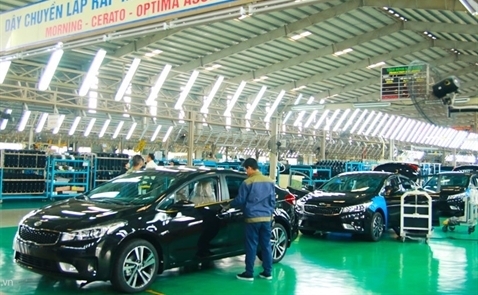
CPTPP: Vietnam to feel pressure on labor quality
Labor costs in Vietnam are expected to be higher after commitments in the CPTPP (the Comprehensive and Progressive Agreement for Trans-Pacific Partnership) trade agreement are implemented, experts say.
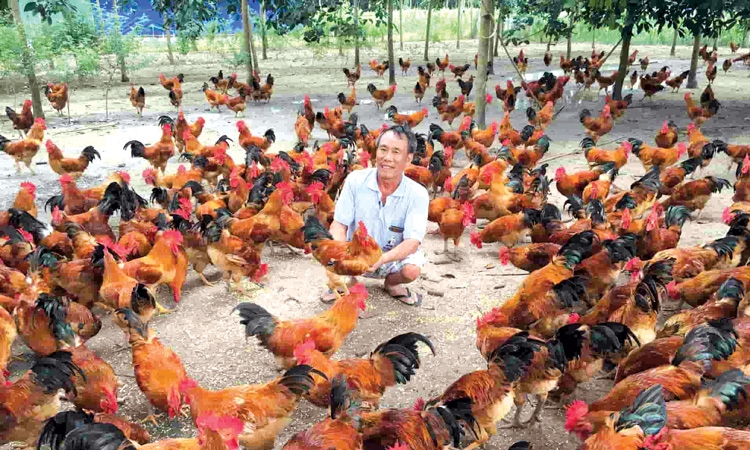
Meat imports threaten domestic livestock industry
To improve their competitiveness, Vietnamese livestock companies have been told to restructure their production and supply chains.
